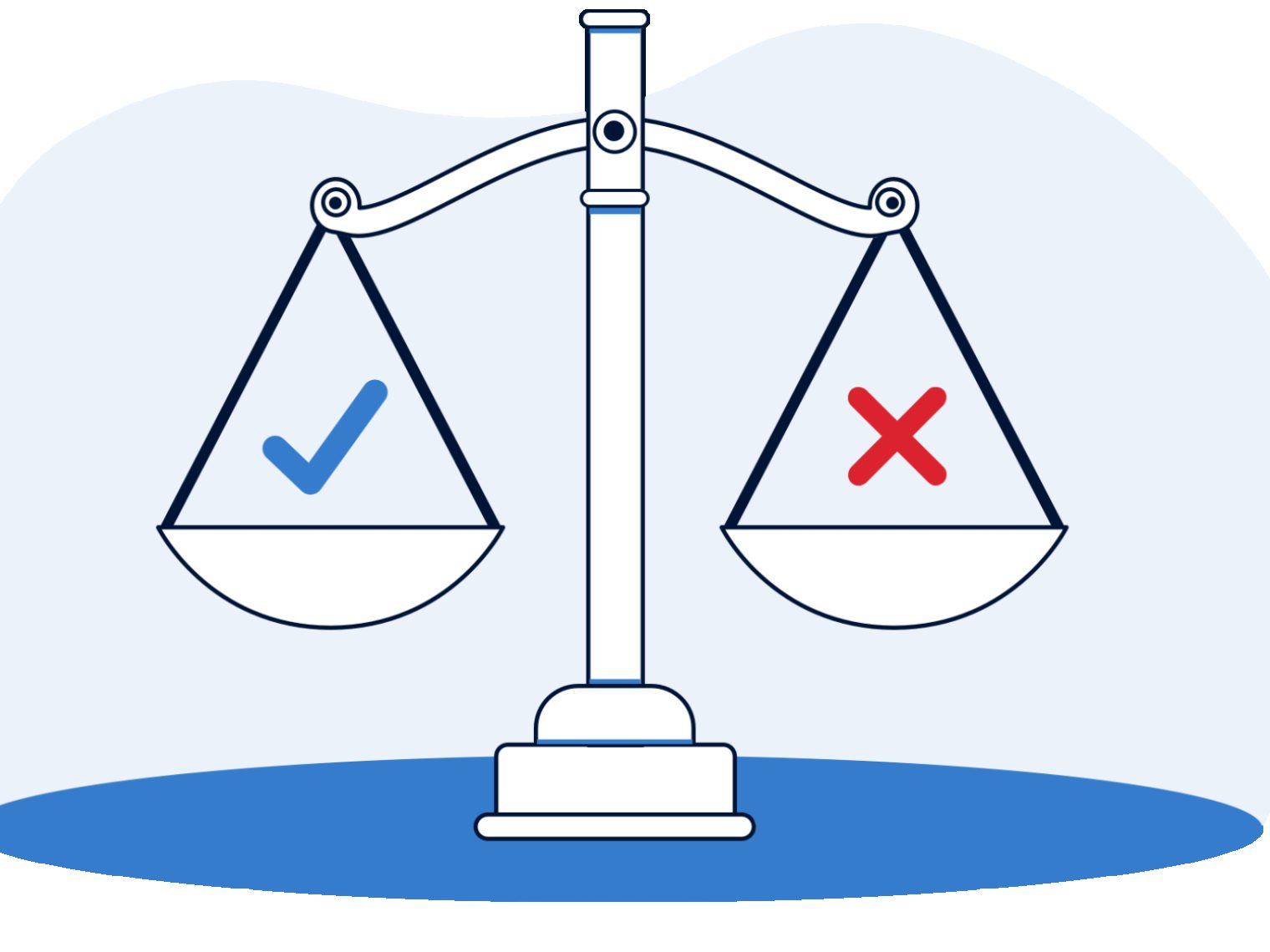- You can reuse your VA loan benefits multiple times and may even hold two VA loans at once if you have remaining entitlement.
- Your second-tier entitlement determines how much you can borrow with no down payment when keeping a VA-purchased home and buying another.
- Foreclosure or an existing VA loan reduces available entitlement, but many borrowers can still buy again depending on how much remains.
There are a lot of myths and misconceptions out there about the VA loan program. Two of the most common are rooted in the concept of VA entitlement, which is the amount of money the VA pledges to guarantee in the event a borrower defaults.
Entitlement is the primary factor when determining if you can purchase with $0 down. So what happens when your entitlement is wrapped up in a current VA loan, and you want to buy another home? We dive into this and other common scenarios below.
How Many VA Loans Can You Have?
The VA loan is a life-long benefit, and there's no limit on how many VA loans you can have in a lifetime. Veterans can use the VA loan as many times as they wish if they have remaining entitlement.
Can You Have Two VA Loans at Once?
It is possible to have two VA loans at once for two separate primary residences. Having two VA loans at once typically applies to active service members who receive PCS orders.
Rather than sell the home, you could look to rent it out and buy again at the new duty station using your remaining VA loan entitlement.
It can be a confusing subject, and it's best to talk to an experienced loan specialist about the VA's occupancy requirements and if your unique situation allows you to have two VA loans at the same time.
Understanding VA Loan Entitlement
Simply put, VA loan entitlement is the dollar amount the VA guarantees on your loan. VA entitlement is generally 25% of the loan amount and can help determine how much a Veteran can borrow.
However, there are two layers of VA loan entitlement, a basic level and a second-tier of entitlement. When those two are fully in place, Veterans can borrow as much as a lender is willing to lend without the need for a down payment.
Based on the 2026 standard loan limit of $832,750, eligible Veterans in most parts of the country have a primary entitlement of $36,000 and an additional secondary entitlement of $172,187.50. Add those together, and you get $208,187.50.
How To Calculate Second-Tier Entitlement
When you purchase a home with a VA loan, some or all of your entitlement gets tied up in the mortgage. Because the VA usually guarantees a quarter of the loan amount, the entitlement you utilize is typically equal to 25% of the loan amount. For example, on a typical $200,000 loan, you're typically using $50,000 of entitlement.
Do some simple math ($208,187.50 - 50,000), and buyers in most parts of the country would have about $158,187.50 leftover in their remaining entitlement.
Veterans and military members purchasing in more expensive housing markets typically have more VA loan entitlement. VA loan limits are linked to the maximum entitlement amount, which currently goes as high as $1,299,500 in more expensive markets.
The remaining entitlement amount makes it possible for VA buyers to have more than one VA loan at the same time or purchase after experiencing foreclosure or short sale.
What Two VA Loans at Once Does to VA Entitlement
So what happens to entitlement when you have two VA loans at the same time? Here's how the math works, assuming you're buying in another county with the standard VA loan limit:
- $832,750 x 25% = $208,187.50 Maximum Guaranty
- $208,187.50 - $50,000 = $158,187.50 Entitlement Available ($50,000 is the amount tied up with your first VA loan)
- $158,187.50 x 4 = $632,750 Maximum Loan Amount With No Down Payment
So, in this example, you could look to borrow up to $632,750 before needing to factor in a down payment. Anything above that amount would require a down payment of 25% of the excess.
VA loan entitlement can be a confusing topic, in part because the Certificate of Eligibility doesn't clearly indicate how second-tier entitlement works.
One of the challenges with this situation is meeting the debt-to-income ratio and residual income requirements since you're basically on the hook for two mortgage payments each month. It's important to fully understand the VA loan eligibility requirements in order to determine if you can juggle two loans at once. Having a renter locked into a lease who will cover your old monthly mortgage payment can go a long way toward making this work.
Four Possible Second-Tier VA Entitlement Situations
If you're wondering what situations would constitute a second VA mortgage, here are a few scenarios where using your second-tier entitlement would come into play.
1. Keeping Your Home and Buying Again
Qualified Veterans may be able to hold onto their current home and buy a new primary residence with their remaining VA loan entitlement. This typically requires the use of second-tier entitlement. Buyers might also need to put money down, but that depends in part on how much entitlement is left.
2. Buying Again After Defaulting on a VA Loan
Veterans might be able to get a new VA loan after experiencing foreclosure or short sale on a previous VA-backed mortgage.
3. VA Mortgage Assumption
VA loans are assumable, but the Veteran’s entitlement stays with the property. The only way to safeguard your entitlement with an assumption is to have a Veteran substitute their VA loan entitlement for your own.
4. PCS Orders
Permanent Change of Station orders provide an opportunity to have two VA mortgages at once.
VA Loan After VA Foreclosure
The last important piece to mention is how foreclosure affects second-tier entitlement. Having a VA loan foreclosed on doesn't mean you've lost the ability to get another VA loan. You may be able to secure a new VA loan after just two years.
Following a foreclosure or short sale, the most significant consideration is often how much house you can buy before needing to factor in a down payment.
Learn more about how bankruptcy or foreclosure affects VA loan applications.
Veterans who suffer a foreclosure may see some, most or all of their entitlement caught up in the prior loan. VA lenders first have to determine how much entitlement you have left, if any.
For example, let's say you had $50,000 of entitlement tied to your foreclosure and you want to purchase a home for $200,000 in a county with a standard loan limit.
The math in this case would be exactly the same as the situation above.
If foreclosure limits your entitlement, keep in mind second-tier entitlement has a minimum loan amount requirement of $144,001. This minimum can include financing the VA funding fee, but not any energy efficiency improvements as part of an Energy Efficient Mortgage.
How We Maintain Content Accuracy
Our mortgage experts continuously track industry trends, regulatory changes, and market conditions to keep our information accurate and relevant. We update our articles whenever new insights or updates become available to help you make informed homebuying and selling decisions.
Current Version
Nov 25, 2025
Written ByChris Birk
Reviewed ByDon Wilson
Updated loan limits to 2026 numbers: $832,750 for the standard limit and up to $1,299,500 in higher cost areas. Adjusted all calculations accordingly.
Feb 3, 2025
Written ByChris Birk
Reviewed ByDon Wilson
Content fact checked and reviewed by underwriter Don Wilson.
Dec 13, 2024
Written ByChris Birk
Updated loan limits to 2025 numbers: $806,500 for the standard limit and $1,209,750 in higher cost areas. Adjusted all calculations accordingly.
Related Posts
-
 VA Renovation Loans for Home ImprovementVA rehab and renovation loans are the VA's answer to an aging housing market in the United States. Here we dive into this unique loan type and the potential downsides accompanying them.
VA Renovation Loans for Home ImprovementVA rehab and renovation loans are the VA's answer to an aging housing market in the United States. Here we dive into this unique loan type and the potential downsides accompanying them. -
 Pros and Cons of VA LoansAs with any mortgage option, VA loans have pros and cons that you should be aware of before making a final decision. So let's take a closer look.
Pros and Cons of VA LoansAs with any mortgage option, VA loans have pros and cons that you should be aware of before making a final decision. So let's take a closer look.


